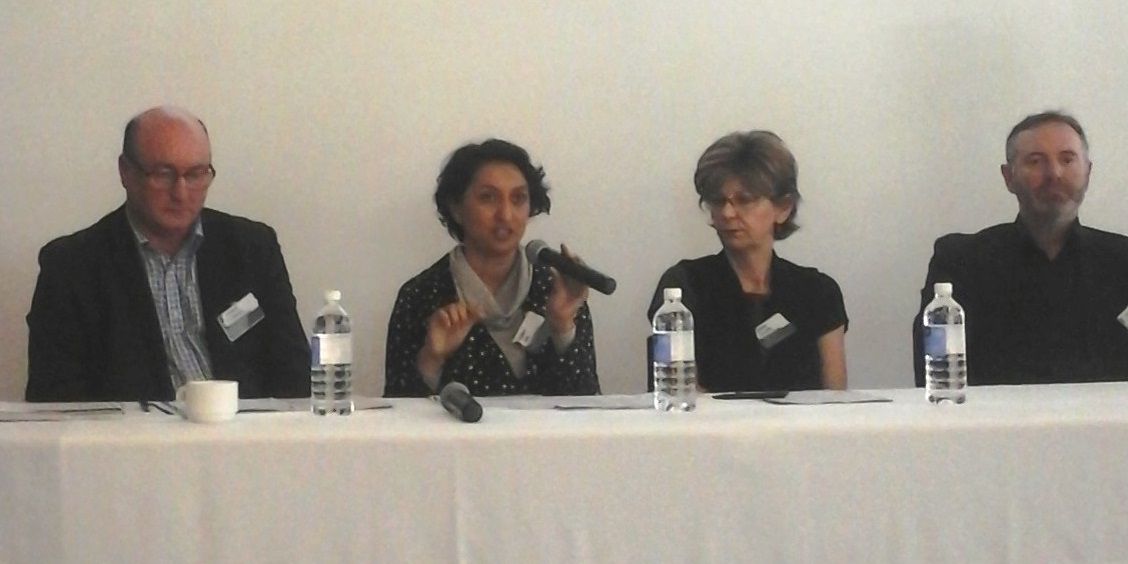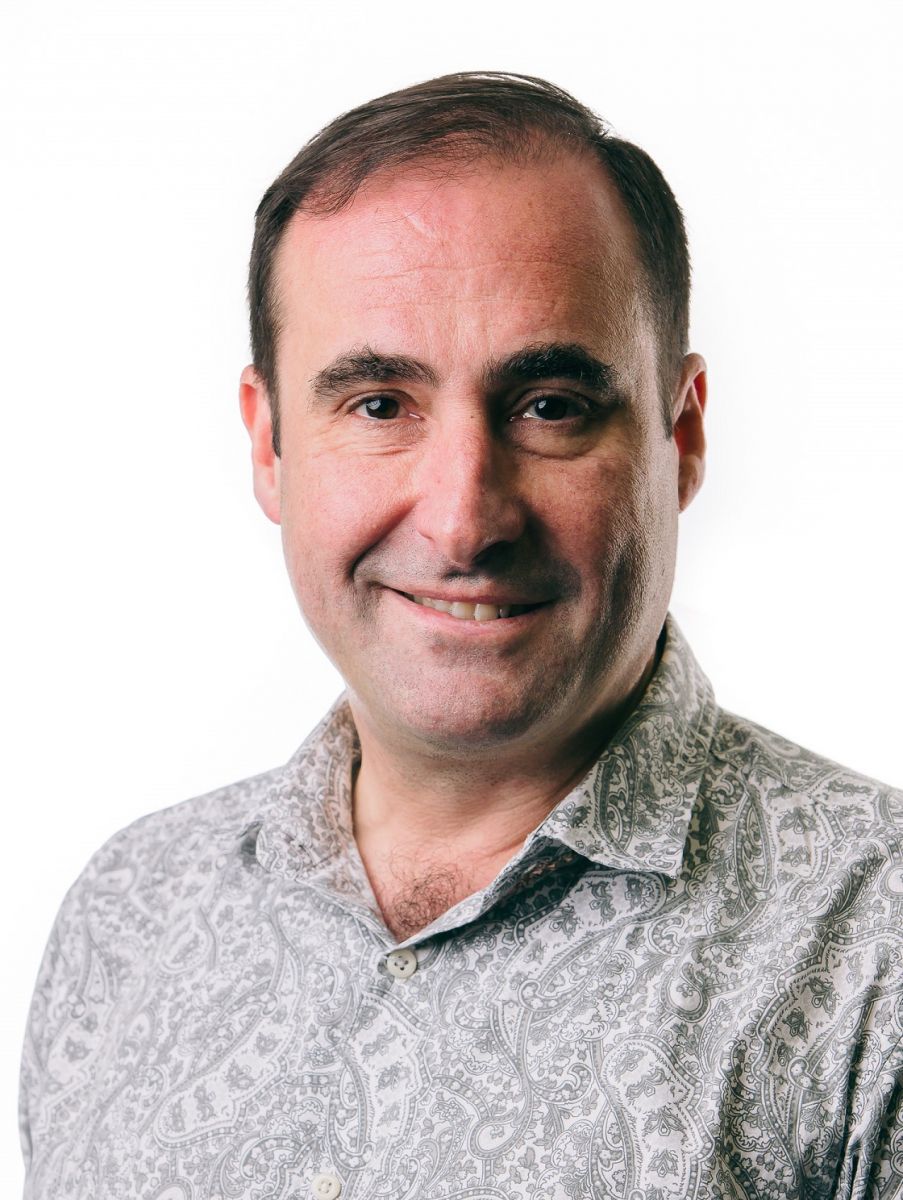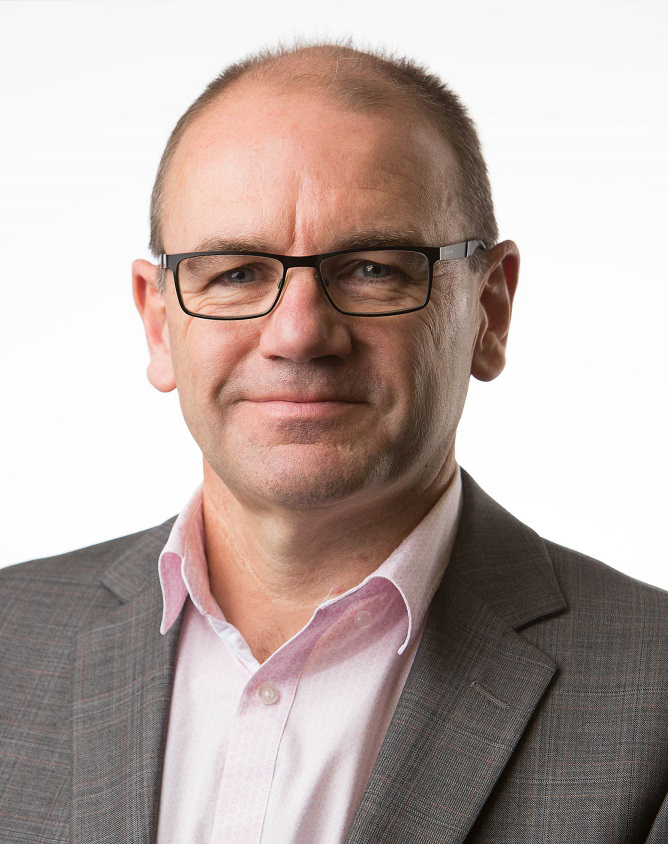Digital Inclusion Forum prompted excellent debate

Panel-2 members: Brendan Fitzgerald, Dr Manisha Amin, Deborah Fullwood and Professor Gerard Goggin.
Top of page

Panel-2 members: Brendan Fitzgerald, Dr Manisha Amin, Deborah Fullwood and Professor Gerard Goggin.

After receiving the disability discrimination complaint, Alaskan authorities undertook a rigorous investigation and found out that ten other schools, educational groups, and institutions (including the Montana School for the Deaf and blind) also had accessibility issues on their websites.

Aside for fighting for better captioning on traditional TV, TV streaming and in the online world, he believes that organisations should keep accessibility front and centre in their mind before embarking on any digital communications project or website build.
Philip: I’m speaking with Dr Scott Hollier, the Digital Accessibility Director for Media Access Australia, and author of an investigation into the state of accessibility of websites related to the last federal election in 2013. Well, he’s done it again and has put the major parties, along with the Australian Electoral Commission and the ABC’s Vote Compass, under the accessibility spotlight. Scott, what is the state of play in terms of digital access this time around?

Alex Varley believes that web and digital access is slightly less of a problem than it used to be, but in all too many cases, accessibility is still an afterthought and can be one of the first things to be dropped when organisations try to cut costs.